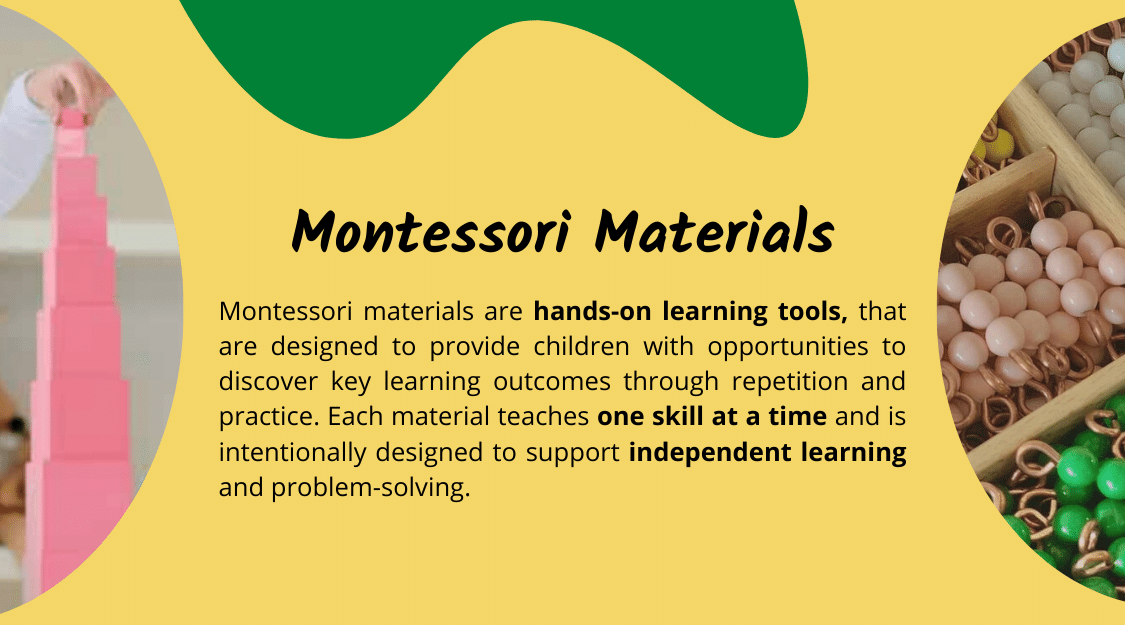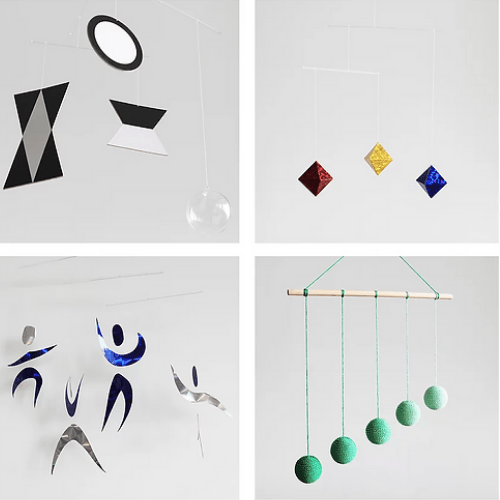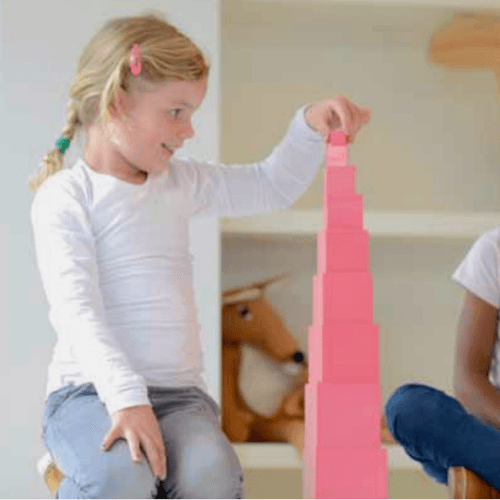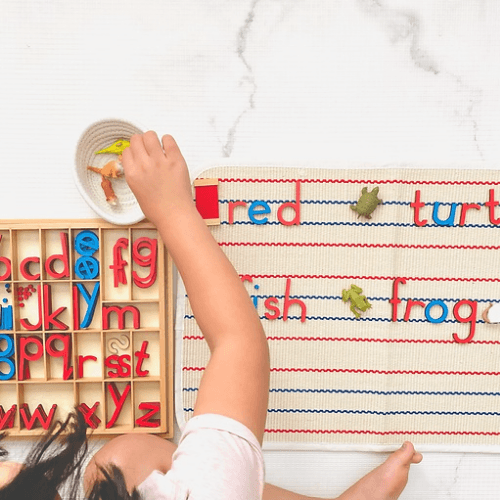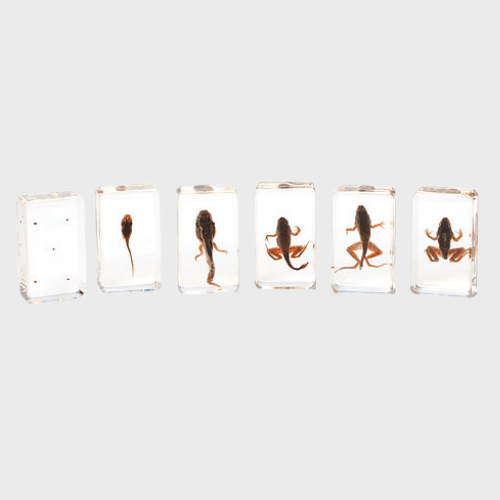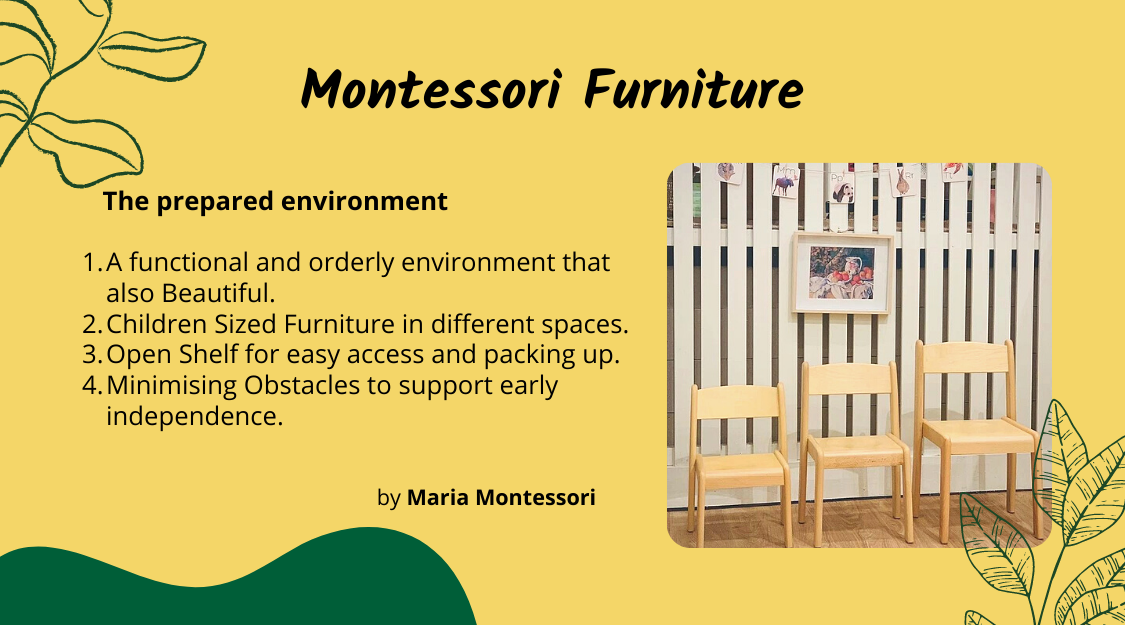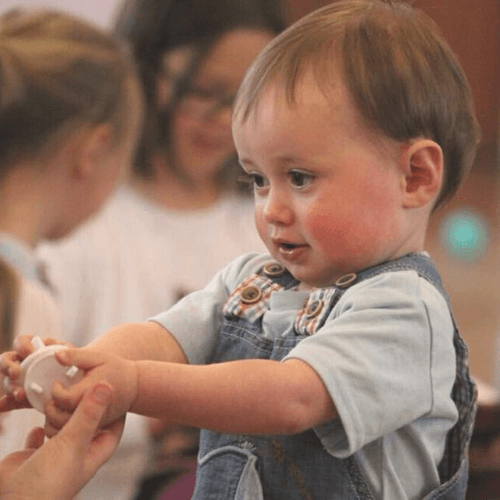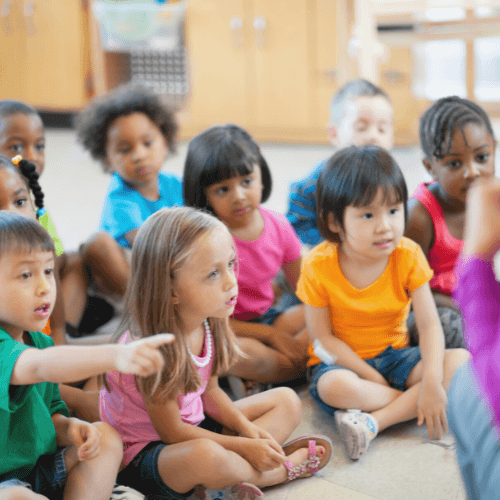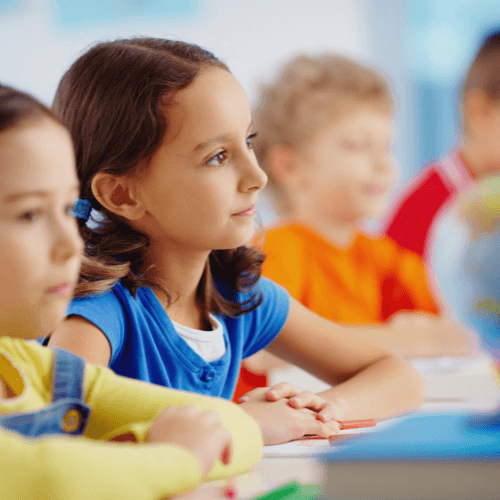Montessori Education
What is Montessori?
Montessori is an educational approach developed by Dr. Maria Montessori, an Italian physician and educator, in the early 20th century. The Montessori method is based on the idea that children learn best when they are allowed to explore and discover at their own pace, in a carefully prepared environment that fosters their natural curiosity and love of learning. Montessori education emphasizes the development of the whole child, focusing on their intellectual, emotional, social, and physical growth.
What are key principles of Montessori Education?
Some key principles of Montessori education include Child-centered learning, Prepared environment, Mixed-age groupings, Freedom within limits, Learning through hands-on experiences, and Emphasis on independence and self-discipline.
Montessori Toys
What are Montessori Toys?
Montessori Toys are play items designed based on the Montessori philosophy, an educational approach developed by Dr. Maria Montessori that emphasizes hands-on, self-directed, and experiential learning. These toys are thoughtfully crafted to foster children's cognitive, emotional, social, and physical development while nurturing their natural curiosity and love for learning.
What are the design principles of Montessori Toys?
Montessori Toys are designed with simplicity and purpose, focusing on hands-on experiences that engage children's senses and promote active learning. Crafted from natural materials, these toys foster an appreciation for the environment while encouraging open-ended play and real-life connections. Montessori Toys are self-correcting, visually appealing, and adaptable to accommodate diverse learners. These design principles create a nurturing, child-centered learning environment that supports holistic development and instills a lifelong love for learning.
What are the different types of Montessori Toys?
Montessori toys encompass a diverse range of materials designed to target specific developmental areas and skills. These include sensorial materials for refining the senses, practical life materials for building real-life skills, language materials for enhancing reading and writing abilities, math materials for learning mathematical concepts, and cultural materials for introducing children to geography, history, and science. Montessori toys facilitate hands-on learning experiences and promote independence, cognitive growth, and a deep understanding of various subjects.
How can Montessori Toys benefit kids?
Montessori toys significantly improve children's abilities by promoting holistic development and fostering a love for learning. These purposeful materials boost cognitive development, critical thinking, and problem-solving while enhancing fine and gross motor skills, hand-eye coordination, and dexterity. Montessori toys also support language and mathematical skill development, providing a strong foundation for future academic success. By offering hands-on, engaging, and self-directed learning experiences, Montessori toys empower children to explore their interests, develop essential skills, and unlock their full potential.
Montessori Furniture
What are Montessori Furniture?
Montessori furniture refers to the furnishings used in Montessori classrooms and learning environments. These pieces of furniture are specifically designed to be child-sized, functional, and accessible, in order to promote independence, self-sufficiency, and hands-on learning experiences for children. Montessori furniture plays a crucial role in creating a prepared environment that supports the principles of Montessori education.
Some examples of Montessori furniture include:
- Low open shelves for storing materials and activities
- Child-sized tables and chairs for individual or group work
- Practical life stations for activities like food preparation, dishwashing, or cleaning
- Sensorial materials, such as sandpaper letters and number rods, that are displayed on low shelves for easy access
- Floor mats or rugs that define individual workspaces within the classroom

